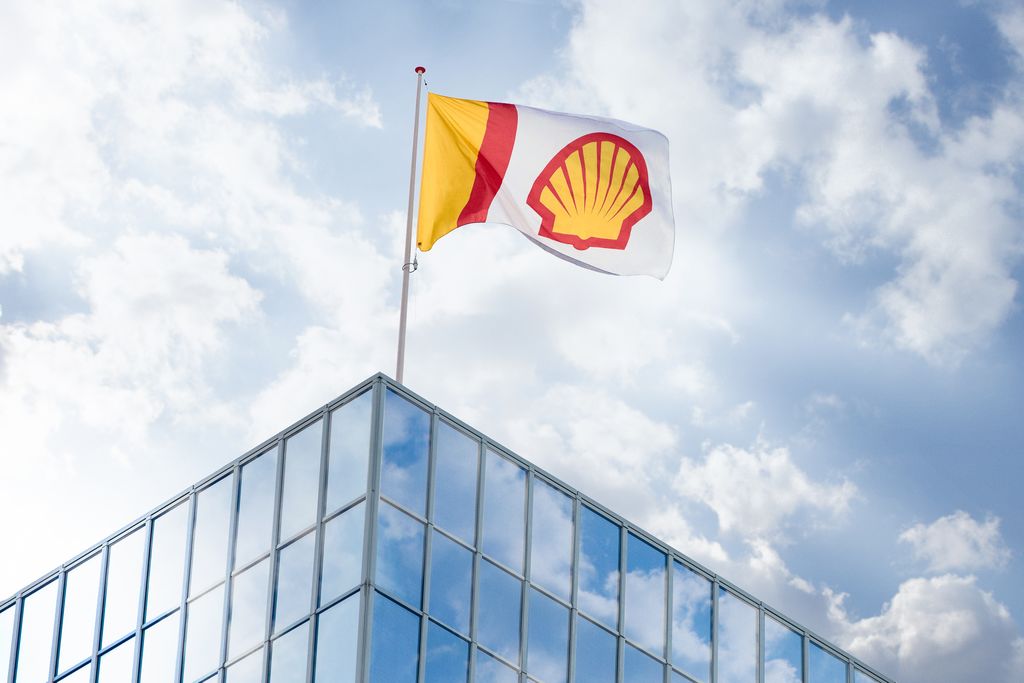Fossil fuel supermajor Shell posted record profits today of £32.2 billion, provoking fierce criticism from politicians and green campaigners, and renewing calls for the government to tighten further its windfall tax grab on oil companies.
Today’s figure is believed to be the highest profit ever recorded by a UK-domiciled company, regardless of sector.
Shell’s overall earnings doubled in the twelve months to December, in line with rivals’ profits increased on the back of recovering demand, coupled with supplies curtailed by sanctions against Russia.
Shareholders including pension funds and insurers will receive £5 billion of the £32.2 billion for both the past and the present financial year. Part of that rewarding of owners will come in the form of a share buyback, details of which the firm announced this morning.
Only one twentieth of Shell’s business comes from the UK. The company calculates its will pay only £400 million in tax here this year.
Across the supermajor’s activities, the steepest rises in earnings included a doubling on profits from upstream exploration & extraction, and a tenfold rise in chemicals.
Lobbyists Global Witness yesterday launched a “greenwash”action before US financial authorities, alleging Shell spends only 1.5% of its investment budget in clean technologies, despite implying more.
The company’s renewables and energy solutions divisions continues to post losses, albeit declining ones. The segment’s $1.059 billion of red ink was a fall of 30% over 2021. The division’s operating highlight was its first venture into offshore wind, when in December it secured rights with a partner to develop Hollandse Kust West VI, a 760MW turbine development.
Reacting on BBC radio to Shell’s numbers, Labour’s shadow chancellor Rachel Reeves promised to extend the government’s windfall tax, and vowed to eliminate tax relief on new fossil fuel extraction.
“I am desperate, determined to change that”, she said.
“Labour would have proper control on excess profits from oil companies such as Shell. They are unjustifiable as millions of British homes and businesses are struggling under intolerable bills charged by energy companies.”
Reeves defended continued investment in oil extraction, but said the transition towards clean alternatives needed to be stepped up. She called for easing planning restrictions curbing onshore turbines, and reforms to accelerate grid connections for renewables generators.
Greenpeace campaigners boarded a Shell platform being towed from Portuguese waters to replace an existing rig in the North Sea.
One protester, Imogen Michelle, decried the company on BBC Radio for funding climate destruction. “We need (Shell) to switch instead to renewables, and to pay out now to the communities and countries instead destroyed or suffering from the man-made climate emergency. People are losing their lives as a result of what the oil companies continue to do.
By building a giant platform like this one, Shell are locking us into twenty more years of climate destruction”.
Campaigners Tax Justice UK described Shell’s earnings as ‘obscene’. Its director Robert Palmer joined a call from lobbyists the IPPR and Common Wealth for shareholders to face higher taxes on dividends.




